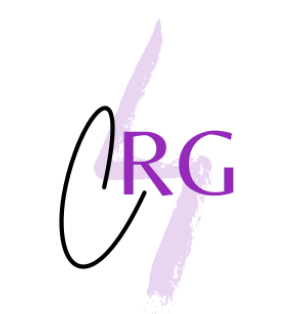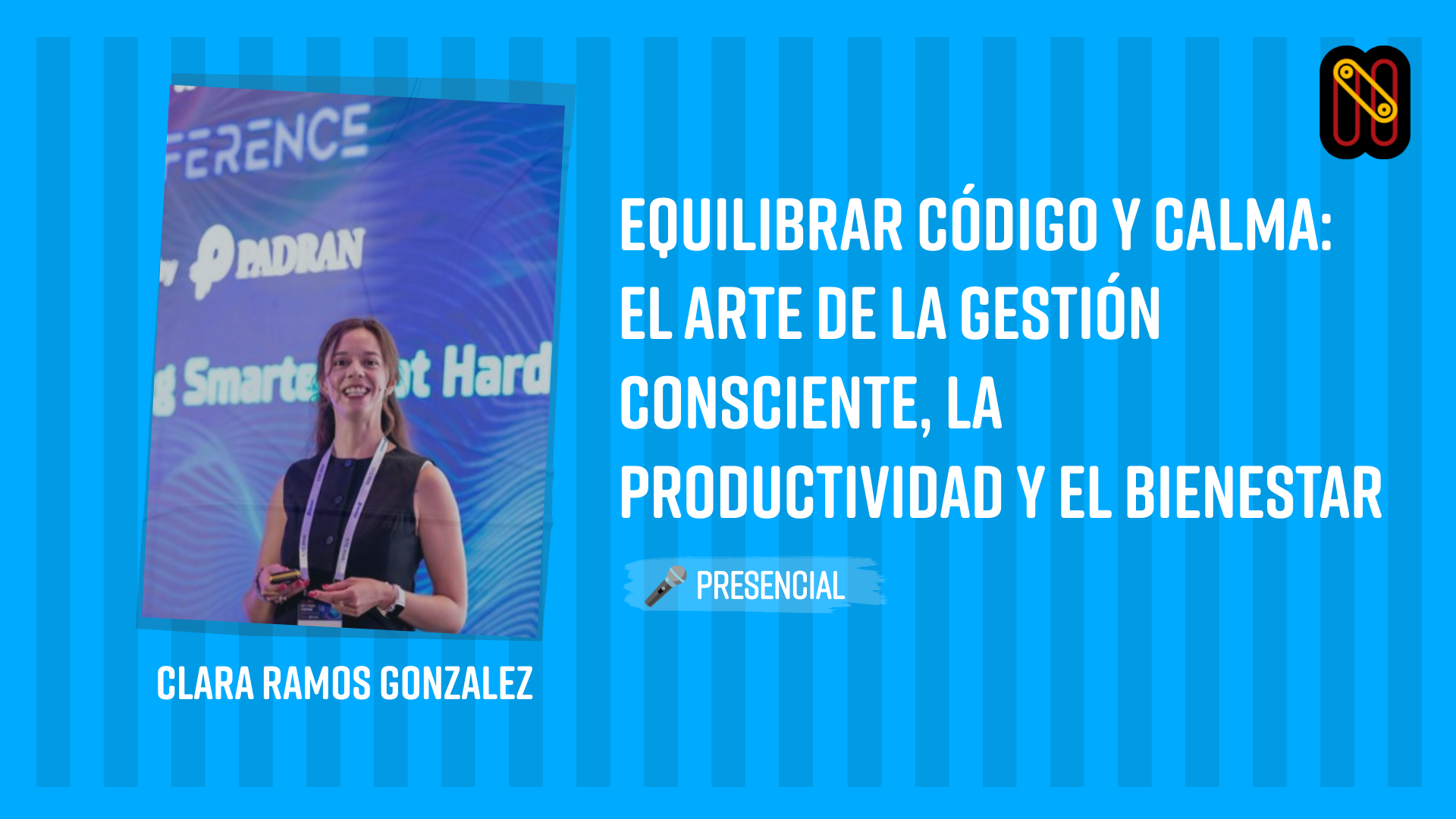If you’re curious about entering the tech industry without a coding degree, becoming a QA engineer could be the perfect path. Quality Assurance (QA) engineering is one of the most accessible, fast-growing, and high-demand roles in technology today. In this guide, we’ll walk you through what QA engineers do, the skills you need, your learning options, and how to land your first job, even if you’re starting from scratch.
What does a QA engineer do?
A QA engineer is responsible for ensuring that software products meet quality standards before they’re released to users. While QA testers focus more on finding bugs through manual or automated testing, QA engineers go further by designing test frameworks, developing testing strategies, and often working more closely with development teams.
They participate in all stages of the software development lifecycle (SDLC), from planning and design to implementation and deployment. Their job is to identify, prevent, and resolve issues before users ever encounter them.
Some typical tasks include:
- Writing and maintaining test cases and test scripts
- Setting up automated test pipelines
- Collaborating with developers to define acceptance criteria
- Executing test plans in agile environments
Ensuring compliance with performance and security standards
Educational paths: degree vs bootcamp
One of the biggest myths about tech careers is that you need a computer science degree to get started. While a traditional degree can open doors, it’s no longer the only path.
Option 1: Computer science degree
- Pros: Strong theoretical foundation, recognized credential
- Cons: Expensive, takes 3–5 years, often lacks hands-on QA training
Option 2: QA bootcamp
- Pros: Focused, affordable, designed to get you job-ready fast
- Cons: Requires self-discipline and commitment to outcomes
Many successful QA engineers today have transitioned from unrelated backgrounds by taking intensive bootcamps that teach the practical skills employers are looking for.
Can you become a QA engineer without a degree? Yes. Recruiters care more about your skills, portfolio, and mindset than your diploma.
Essential technical skills to learn
To become a QA engineer, you’ll need to develop both foundational and advanced skills in testing and automation.
- Manual testing: Learn to write test cases, execute test plans, and report bugs clearly
- Automated testing: Understand how to write scripts using tools like Selenium or Cypress
- Scripting fundamentals: Basic knowledge of Python or JavaScript can go a long way
- Version control: Git and GitHub usage is expected in modern teams
- SDLC knowledge: Understand how software is built, tested, and deployed in real-world environments
- Agile/Scrum methodologies: Learn how QA fits into sprint-based workflows
Having technical depth is important, but what sets apart great QA engineers is attention to detail and a passion for quality.
Popular tools for QA engineering
Here are some of the most widely used tools you should be familiar with:
- Selenium: The most popular open-source framework for web automation
- Cypress: A newer, developer-friendly tool for modern JavaScript apps
- Postman: For testing APIs and RESTful endpoints
- Jira: For managing bugs, tasks, and agile boards
- TestRail: For documenting test plans and results
- Playwright: A fast-growing alternative to Selenium for modern testing needs
Familiarity with these tools gives you a competitive edge and shows recruiters you’re job-ready.
Creating your first QA portfolio
A portfolio is key to landing your first QA job. It shows what you can do, even if you haven’t worked in the field yet. Here’s how to build one:
- Document test cases: Choose a public app or website and write a clear test plan
- Log bugs professionally: Use screenshots, steps to reproduce, expected vs actual results
- Record test sessions: Show your testing workflow and observations
- Automate a basic flow: Use Selenium or Cypress to automate a login or form submission
Use GitHub: Publish your scripts and documentation there for easy sharing
Tip: Pick 1–2 projects you genuinely enjoy testing. Passion shows through.
How our bootcamp helps you land your first QA job
Our QA engineering bootcamp is designed to give you everything you need to start your career with confidence, even if you’re switching industries or starting from scratch.
- Real-world projects: You’ll build a portfolio from day one with apps that simulate real company environments
- Hands-on tools: We teach Selenium, Postman, GitHub, and more; tools that hiring managers expect
- Mentoring: Get feedback on your progress, code reviews, and interview prep
- Career support: Resume building, LinkedIn optimization, and job search guidance
- Fast-track schedule: Complete training in just a few months, part-time or full-time
By the end of the program, you’ll be able to confidently apply for QA engineer roles knowing you have the skills and portfolio to stand out.





